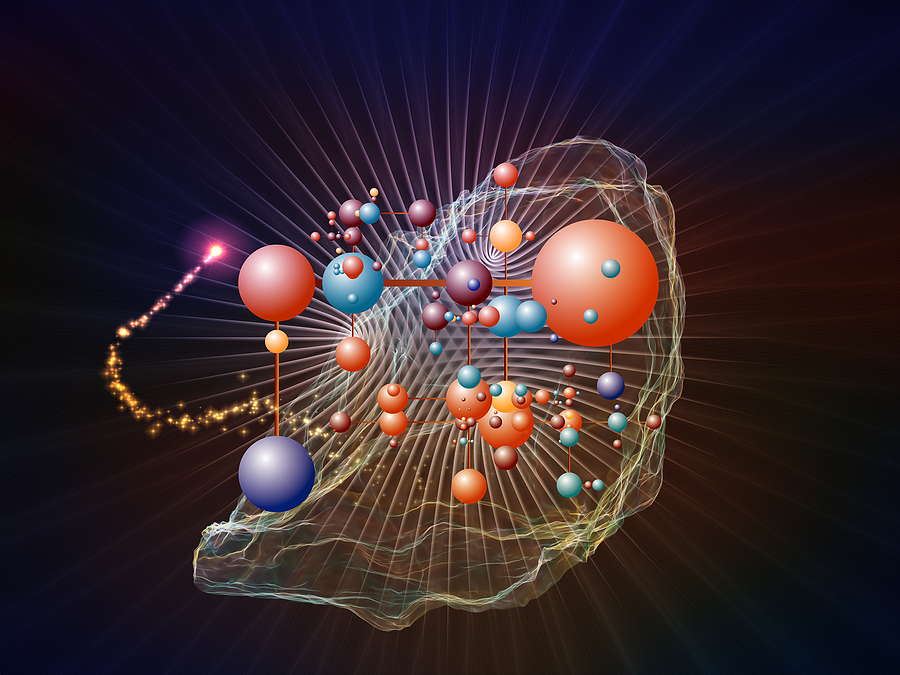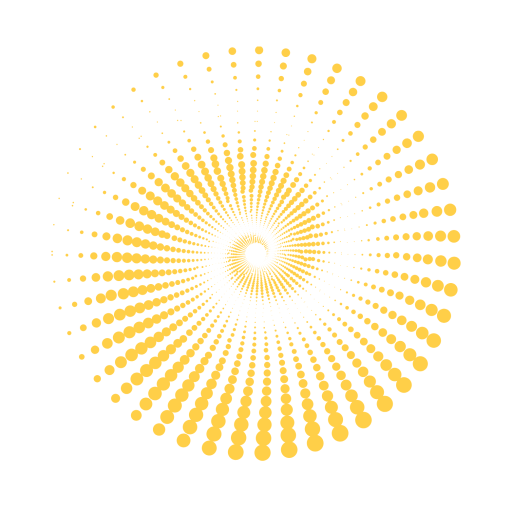Navigating Transcendent States of Consciousness
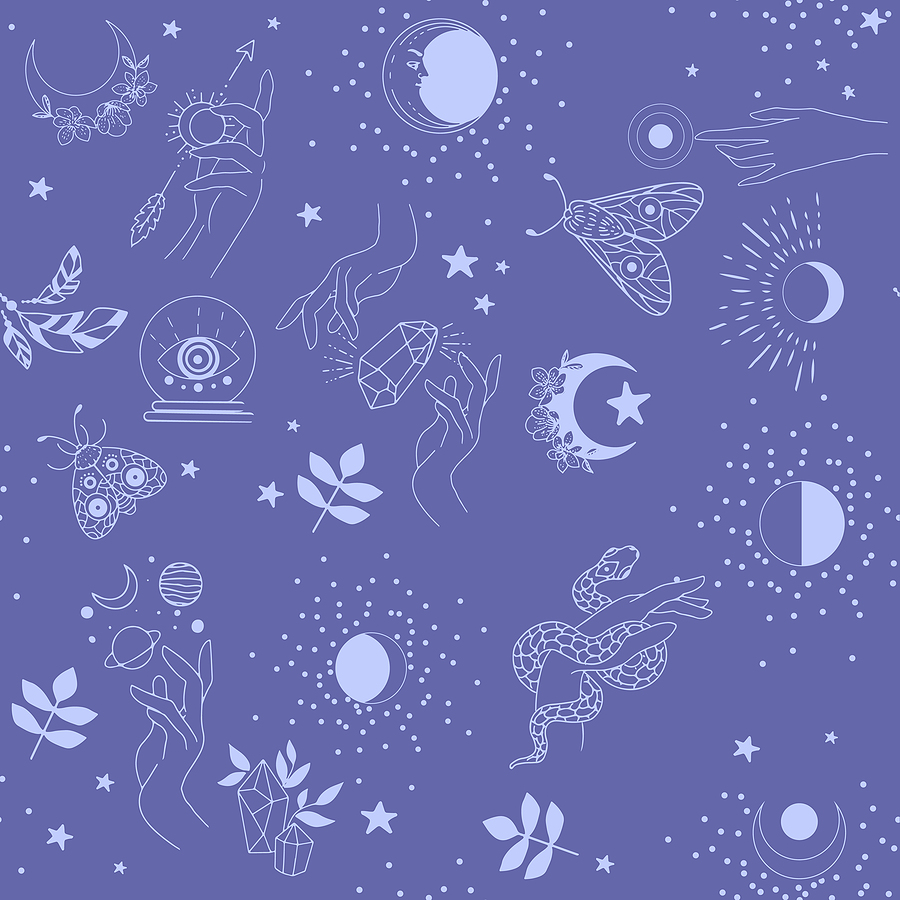
Welcome from the Chair of ACCS
Combining a range of knowledges, both scientific and traditional, as we explore consciousness from a perspective of openness…
The nature of altered states of consciousness (ASC) in human transformation and flourishing
The Australian Centre for Consciousness Studies (ACCS) is a not-for-profit organisation dedicated to understanding the nature of consciousness by integrating diverse perspectives. We embrace rigorous scientific inquiry, contemplative traditions, and traditional knowledge systems while remaining open to new and emerging approaches. By adopting an ontologically agnostic stance, ACCS encourages innovative research and dialogue across disciplines.

Membership
Join to become a Member of the ACCS
Becoming More Fully Human
The project “Becoming More Fully Human” explores how human consciousness and flourishing develop through deepening connections at multiple levels – with oneself, with others, with the natural environment, and with wider contexts of meaning. Our definition of “conscious development”, or becoming more fully human deliberately bridges multiple frameworks of human development…
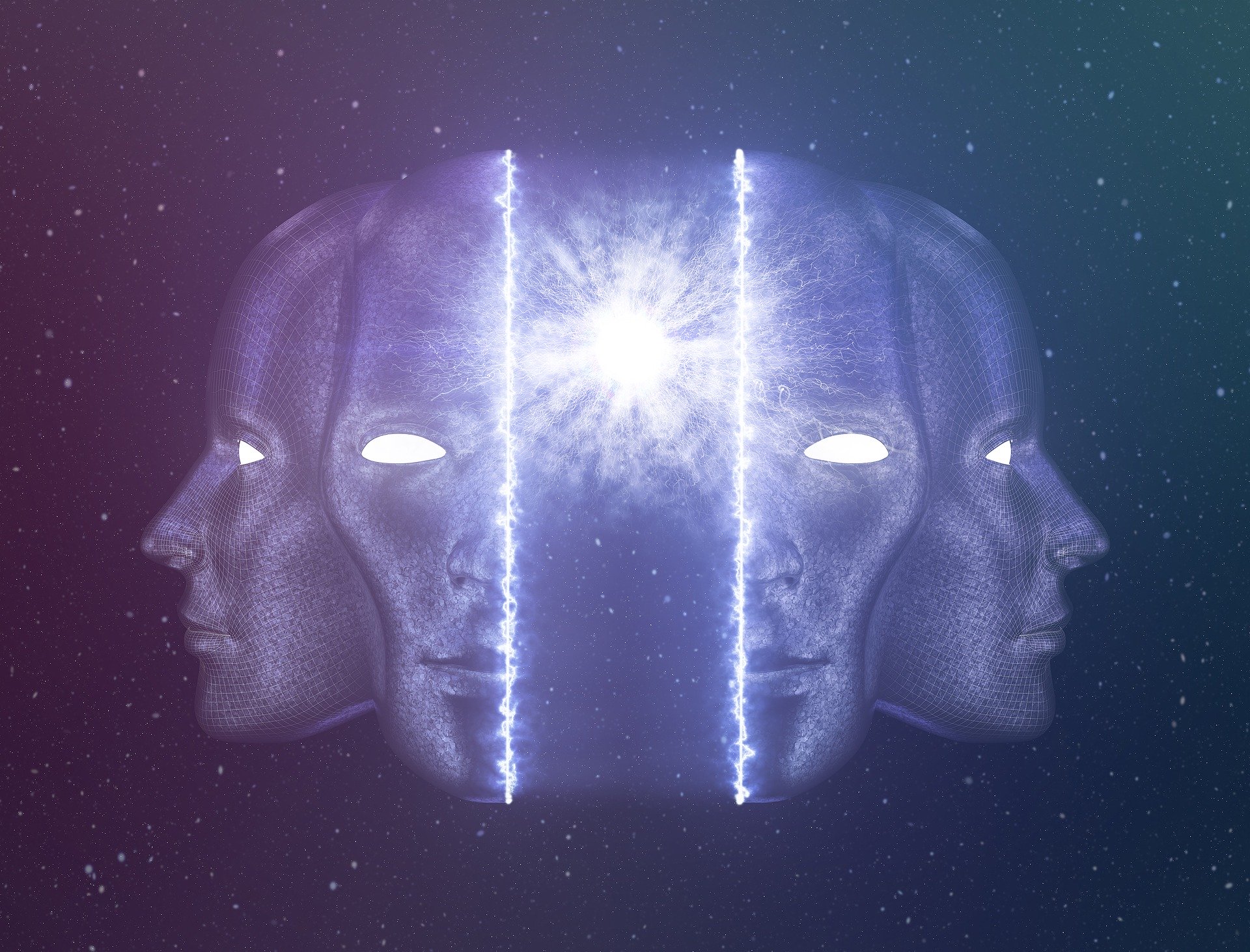
A project exploring human potentials
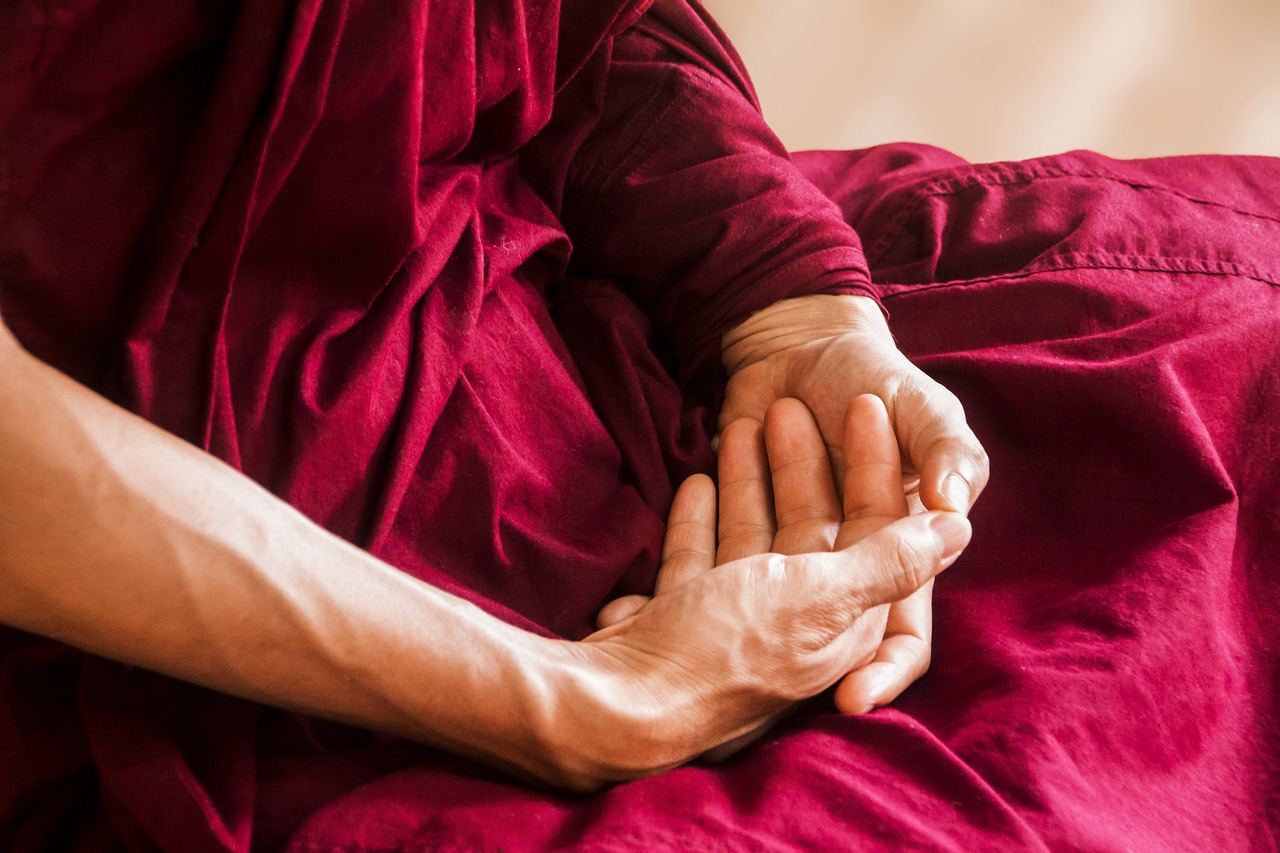
Melbourne Conference October 24th & 25th 2026
Our Premier Conference: Thresholds of Consciousness: Navigating Altered States from a Clinical and Research Perspective
Donate to our cause
Support consciousness research
